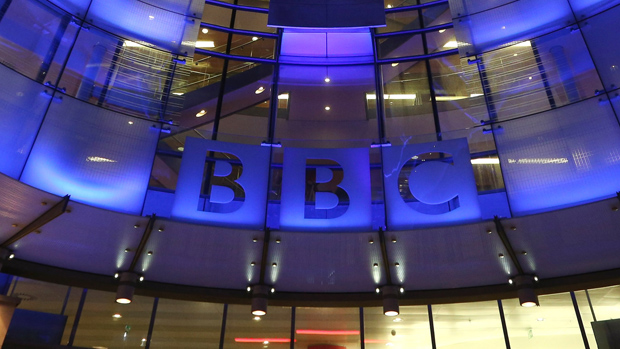TV licence: MPs should 'tread cautiously' over BBC's future
High-quality radio could 'shrivel' if TV licence fee evasion is decriminalised, warn commentators

A free daily email with the biggest news stories of the day – and the best features from TheWeek.com
You are now subscribed
Your newsletter sign-up was successful
MINISTERS have been warned to "tread cautiously" as they consider decriminalising TV licence fee evasion.
The proposal has been pushed by more than 150 MPs from all parties, led by Tory backbencher Andrew Bridgen, who voted to give the government power to make the change. They said it was disproportionate to criminalise and even jail people for what they feel should be a civil offence.
The sheer number of people – around 180,000 a year – who appear in front of magistrates for not paying the fee is seen as a waste of time and money. Instead of being dragged through the courts, MPs suggest defaulters might simply have their access to the BBC switched off.
The Week
Escape your echo chamber. Get the facts behind the news, plus analysis from multiple perspectives.

Sign up for The Week's Free Newsletters
From our morning news briefing to a weekly Good News Newsletter, get the best of The Week delivered directly to your inbox.
From our morning news briefing to a weekly Good News Newsletter, get the best of The Week delivered directly to your inbox.
But the real significance of the proposal is that it will remove the BBC's monopoly, says Daniel Hannan in the Daily Telegraph. "If the penalty for non-payment of the licence fee is withdrawal of the service, rather than prosecution, then that fee ceases to be a tax and becomes a subscription," he says. "The BBC will become, in practice, a pay-on-demand service like its rivals."
If this is the case, says Libby Purves in The Times, "I would like to sound an early alert". In most minds the £145.50 a year is a TV licence, she says, but it should really be called a "BBC licence" as it funds ten radio networks plus local and regional services and from next month the whole World Service. Radio uses only 17 per cent of BBC income, with the biggest chunk spent on Radio 4.
"But it is television that creates celebrity, fashion and tabloid excitement for other media," says Purves. "Apart from DJ personality cults and a Westminster-village obsession with Today presenters, radio just doesn't. And my fear is that in a subscription future its status would shrivel within a nervous, market-minded corporation."
Whatever happens to BBC funding, Purves would like to see a ring-fence put up around high-quality radio. "Because TV bosses will never love it enough, and it will never be the sort of operation that flourishes in a scramble for money and quick fame. If its skills vanish, it will take another century to rebuild them," she says.
A free daily email with the biggest news stories of the day – and the best features from TheWeek.com
The Financial Times is also uneasy about politicians "playing games" with the licence fee, warning ministers to "tread cautiously". The legitimate debate about how the licence fee is administered should not be used in a "stealthy way" to change the BBC's status or to cut its income, it says. "The MPs' campaign looks guilty of both."
The FT says that, like any media organisation, the BBC must be constantly open to the challenge of change. "But great care should be taken over how this is done. Politicians with an eye on favourable headlines are not always the best people to lead the charge."